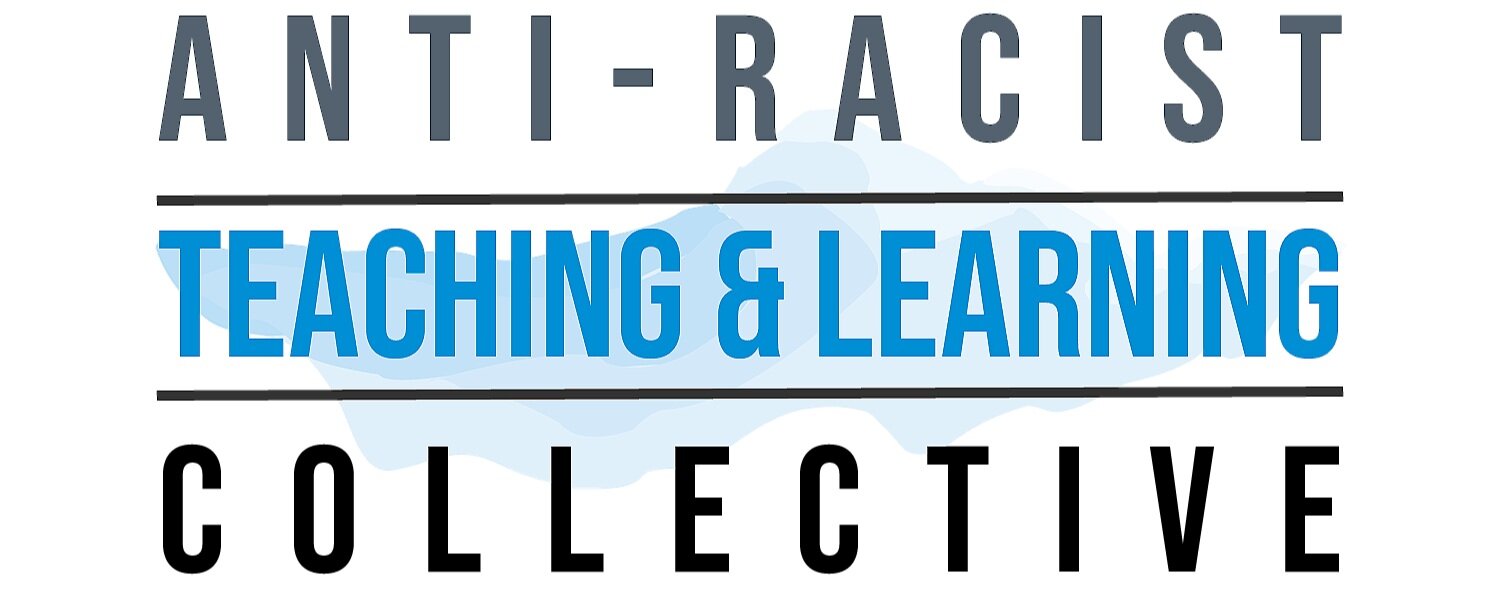HARM REDUCTION AND LEGACIES OF CARE
Pictured here are the founders of the Syringe Exchange Program in New Haven, standing next to the outreach van they used to distribute harm reduction materials to the community. They began this program in 1986 as a way to fight the HIV/AIDS epidemic in their neighborhoods.
As a definition of harm reduction, this public health approach understands that quitting drugs cold turkey may not be possible or safe for some folks. Rather than treating people who use drugs punitively or with judgement, harm reduction is all about treating people with dignity, compassion, and respect. Techniques ensure that people are able to use drugs as safely as possible, and one such technique is needle exchange programs! These programs provide clean needles/syringes to those who use injectable drugs, preventing the spread of blood-borne diseases (ex. HIV, hepatitis B, hepatitis C). The Syringe Exchange Program would visit different neighborhoods, collect dirty needles to make sure they were not reused, and then distribute cotton filters and antiseptic in addition to new syringes. During the 1980s, it was illegal to purchase/possess syringes without a prescription, so such community-led underground programs were critical to make sure folks were able to stay safe.



